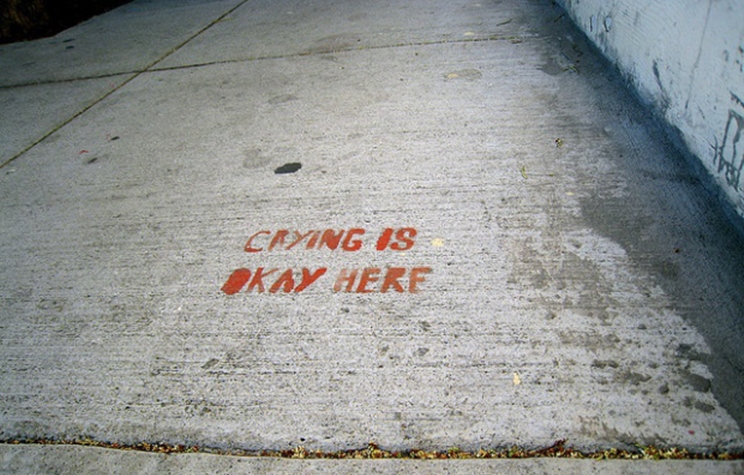
Quo Vadis, Austria?
By most standards, Austria’s democratic credentials are sufficient to warrant a position at the top of rankings. Regardless of whether you take Transparency International’s Corruption Perception Index (CPI), or Freedom House’s landmark report on Freedom in the World, Austria fares well.










